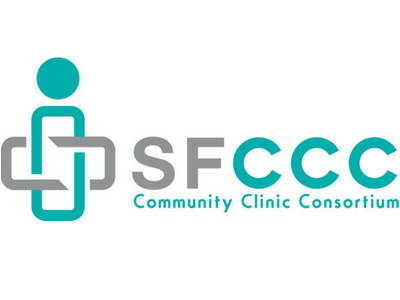NHC SF Member Blog: Narrative Medicine - The Power of Storytelling
My name is Autumn Kleinman (she/her), and this year I served as a COVID-19 Responder and Opioid Safety Coordinator at the SF Department of Public Health.
My first love was a book — specifically the book Where The Red Fern Grows, which told the story of an impoverished young boy named Billy who persevered for years to save up money and buy two coonhound puppies, Old Dan and Little Ann. Throughout my childhood, my family hadn’t owned any pets, despite me begging my parents for years to get one. At the time, my 8-year-old self deeply related to Billy, who shared that unrelenting desire for the companionship only a dog could provide. It was the first time I felt the powerful effects of relating to a story — to have my deepest wish validated through a fictional character and gain hope that maybe I, too, could save up and buy my own dog one day.
According to my mother, I was quite a rebellious child when it came to reading. I would frequently stay up way past my bedtime, secretly reading under my covers with a flashlight so she wouldn’t know I was awake. I genuinely couldn’t help it — I was on a steadfast mission to find pieces of myself in other stories, to chase that feeling of being seen.
That need to be seen does not end with childhood; it is a basic human necessity that persists with us throughout our entire lives. This is why narrative can remain a powerful tool in medicine, a way to provide human-centered care that allows patients to transcend a mere list of symptoms and diagnoses. I saw this firsthand during my NHC service as a patient navigator for Heart Plus, a contingency management program for individuals with stimulant-induced heart failure. We saw a cohort of 12 patients for 3 months and truly got to know each individual — their core values, what motivates them, what makes them laugh. Our clinic was a safe, nonjudgemental space for patients used to being stigmatized for their substance use. At the core of each visit was a desire to truly contextualize this patient’s addiction as a life story and provide a positive platform for patients to show their true selves.
While SF General typically has notoriously low show rates, this cohort kept showing up, which I believe was in large part due to this patient-centered approach. Increased clinic engagement gave providers more opportunity to treat cardiac symptoms and titrate medications, which ultimately led to improved heart function. Moreover, a majority of the cohort reported reduced use, with 3 patients completely abstinent throughout the entire program.
We are all living novels, bundles of life lessons, character growth, and plot twists. Above everything, we want our stories to be told. To witness how significantly narrative in healthcare could improve quality of life, and ultimately the patient-provider relationship, has only further motivated me in my medical career, because that is exactly where my strengths lie. Looking ahead, I hope to continue building these strong relationships with patients, to share with them that feeling I had whenever reading a novel and thinking to myself, “Oh, there I am.”
About the Author:
Autumn Kleinman is one of the 2021-2022 NHC SF Americorps members, serving at the SFDPH Population Health Management Division.



